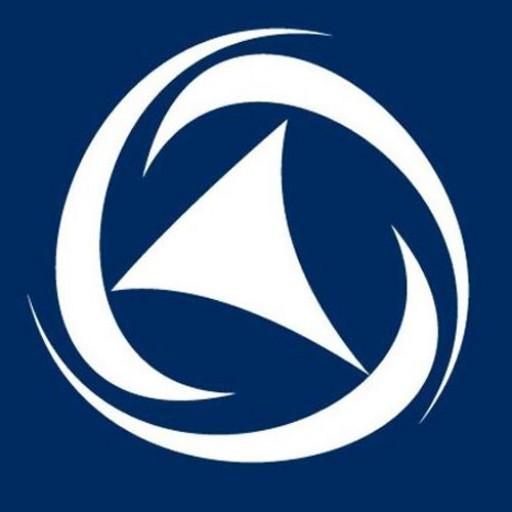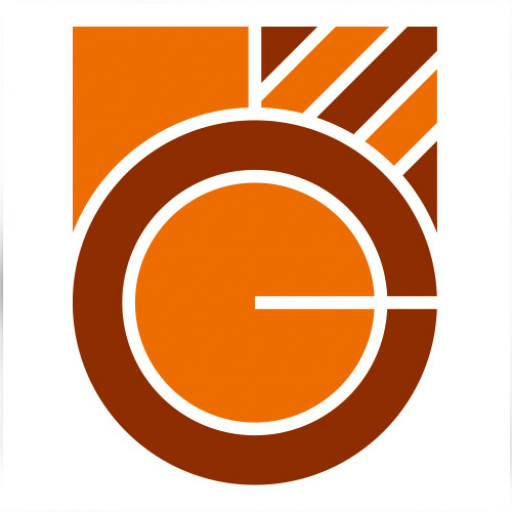The Certificate IV in Accounting and Bookkeeping at TAFE NSW provides students with comprehensive skills and knowledge necessary to excel in the accounting and bookkeeping industries. This qualification is designed for individuals who want to develop practical expertise in financial data management, recording, and reporting tasks critical to the smooth operation of any business organization. Throughout the program, students will learn to prepare financial reports, manage accounts payable and receivable, perform bank reconciliations, and utilize essential accounting software such as MYOB and Xero. The coursework emphasizes both theoretical understanding and practical application, ensuring graduates are well-equipped to handle real-world accounting challenges.
Participants will also develop strong analytical skills to interpret financial data, ensure compliance with legislative requirements, and maintain accurate financial records. The program covers a broad range of topics including fundamental accounting principles, bookkeeping processes, payroll systems, and the preparation of financial statements. Emphasizing attention to detail and accuracy, the course prepares students for roles such as bookkeeping clerks, accounts officers, or financial administrative assistants. Additionally, students will gain an understanding of business structures, legal obligations, and ethical considerations within accounting practices.
The flexible delivery modes including online and classroom-based learning enable students to balance studies with their personal or professional commitments. The qualification typically takes less than a year to complete, making it an accessible option for those seeking to upgrade their skills quickly or those entering the workforce for the first time. Upon successful completion, graduates will have the practical skills necessary to contribute effectively to a range of business environments and potentially pursue further study in accounting or finance. This program aligns with industry standards and prepares students for certification or employment pathways within accounting and bookkeeping sectors.
The Certificate IV in Accounting and Bookkeeping offered by TAFE NSW provides students with comprehensive training in the fundamental skills required for a successful career in accounting and bookkeeping. This program is designed to equip learners with the practical knowledge and technical expertise necessary to perform a wide range of accounting tasks within various business environments. Throughout the course, students will develop a solid understanding of accounting principles, financial recording, and reporting, as well as essential bookkeeping functions. The curriculum covers key topics such as maintaining internal control procedures, preparing financial statements, managing accounts payable and receivable, and handling payroll. Participants will gain proficiency in using industry-standard accounting software, including MYOB, Xero, and QuickBooks, enabling them to efficiently manage financial data and produce accurate reports.
The program emphasizes practical, real-world application through workshops, case studies, and simulated business scenarios. Students will learn how to process financial transactions, reconcile accounts, and ensure compliance with relevant legislation and standards. An important component of the course is understanding the regulations surrounding GST and taxation, which prepares graduates for roles involving tax compliance and financial analysis. Additionally, the program offers training in communication and customer service skills, empowering students to effectively liaise with clients, suppliers, and other stakeholders.
Graduates of this qualification are well-prepared to undertake roles such as bookkeeper, accounting clerk, or accounts administrator. They will have the confidence to work independently or as part of a team, contributing to the financial health of their organization. As many small to medium-sized enterprises require proficient bookkeepers, this qualification provides excellent employment pathways and opportunities for career advancement. Upon completion, students may also choose to pursue further studies in accounting or finance disciplines. Overall, the Certificate IV in Accounting and Bookkeeping is a valuable program that combines theoretical knowledge with practical skills to meet the demands of today’s dynamic business environment.
Program requirements for the Diploma of Accounting and Bookkeeping at TAFE NSW typically include completing core subjects such as Fundamentals of Accounting, Introduction to Bookkeeping, Business Taxation, and Financial Reporting. Students are expected to develop skills in maintaining financial records, preparing financial statements, and understanding taxation requirements. Prerequisites may include a minimum Year 10 education or equivalent, and basic numeracy skills. Prior knowledge of accounting principles is advantageous but not mandatory, as foundational courses are part of the program. Practical components, including hands-on bookkeeping exercises and accounting software training, are integral to the curriculum to ensure students gain real-world experience. Some programs may also require students to undertake a work placement or internship to enhance employability skills and provide insight into professional accounting environments. Language proficiency in English may be necessary for international students, with evidence of proficiency through tests such as IELTS or TOEFL. The program is designed to prepare graduates for employment or further study in accounting, bookkeeping, or related fields. Entry into the program often involves submission of an application form, transcripts of previous education, and possibly an interview or assessment task to evaluate motivation and suitability. Successful completion of the program requires passing all core modules with the required grades and completing any practical assessments. Graduates are typically eligible to pursue certification or further education options, including advanced diplomas or diplomas in accounting or finance.
Funding options for the Accounting and Bookkeeping program at TAFE NSW include a range of government subsidised courses and financial assistance programs aimed at supporting students in achieving their educational goals. The program is often eligible for the NSW Fee-Free schemes, which aim to reduce or eliminate tuition costs for eligible students, particularly those undertaking their first qualifications in specific fields. Additionally, students may qualify for VET Student Loans, a government-backed loan scheme that helps cover tuition fees for eligible students enrolled in diploma-level and above courses, which can significantly reduce upfront costs and make studying more accessible.
For domestic students, TAFE NSW also offers concessions and subsidies based on eligibility criteria such as residency status, prior qualifications, or enrollment in specific priority courses. These concessions can reduce the overall fees payable by students, making further education more affordable. International students are subject to full fee payment, with the tuition fees varying depending on the specific course and mode of study, and specific scholarships or financial aids might be available depending on the circumstances and agreements.
Students are encouraged to explore various financial support options through the TAFE NSW Student Support Services, including payment plans and scholarships, which can assist in managing the cost of their studies. For those who are employed or seeking employment in the finance sector, there are also potential opportunities for employer sponsorship or funding through workplace training arrangements, which some employers might support for staff or prospective employees undergoing relevant training.
Besides government supports, students can also look into private scholarships, grants, or bursaries provided by community organizations, industry bodies, or philanthropic foundations that focus on education in finance, accounting, and related fields. TAFE NSW regularly updates its list of financial assistance programs, so prospective students should consult the official TAFE NSW website or contact their admissions office directly for the most current and detailed information on available financing options. Overall, there are multiple pathways and support mechanisms designed to assist students financially, ensuring that more individuals can access high-quality education in accounting and bookkeeping.
The Certificate IV in Accounting and Bookkeeping at TAFE NSW is designed to provide students with the fundamental skills and knowledge required for a career in accounting and bookkeeping. This qualification prepares learners to undertake a variety of accounting and financial tasks within organizations, including maintaining financial records, preparing financial reports, and managing compliance with applicable regulations. The program emphasizes practical skills in using accounting software, such as MYOB, Xero, and Excel, which are essential tools in the accounting industry.
Throughout the course, students undertake modules covering core areas such as accounting principles, financial reporting, business legislation and ethics, payroll systems, and tax procedures. The curriculum aims to develop both theoretical understanding and practical application, ensuring graduates are job-ready upon completion. A key component of the program involves developing proficiency in preparing financial statements, managing accounts receivable and payable, and reconciling accounts. Additionally, students learn about business compliance, superannuation, BAS (Business Activity Statements), and other statutory requirements relevant to Australian businesses.
The program is designed with flexibility in mind, offering different delivery modes including face-to-face classroom learning, online study options, and blended formats. This flexibility allows students from diverse backgrounds and locations to access quality education tailored to their schedules. To support practical understanding, students often undertake work placement or simulated work environments, enabling hands-on experience in accounting workplaces.
Graduates of this program are equipped to seek employment as bookkeeping clerks, accounting assistants, or junior bookkeepers. They may find employment opportunities in various sectors including small businesses, accounting firms, government agencies, and large corporate organizations. This qualification also serves as a pathway to further study in accounting, finance, or business-related fields should students wish to advance their education.
The course duration typically spans around 12 months, depending on study mode and individual student pacing. Entry requirements generally include a minimum age of 18, with a basic proficiency in mathematics and English. Recognition of prior learning and credit transfer options are also available, recognizing relevant prior experience or education.
Overall, the Certificate IV in Accounting and Bookkeeping at TAFE NSW offers a comprehensive education in accounting fundamentals, practical skills, and industry standards, ensuring students are well-prepared for employment or further studies in the accounting profession.









